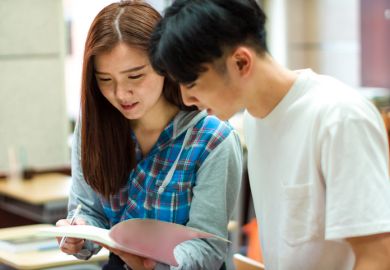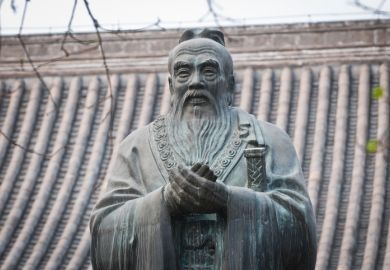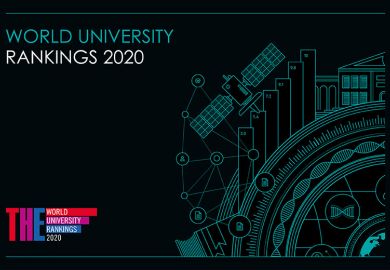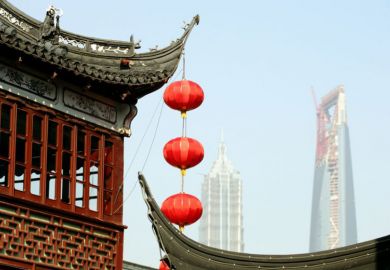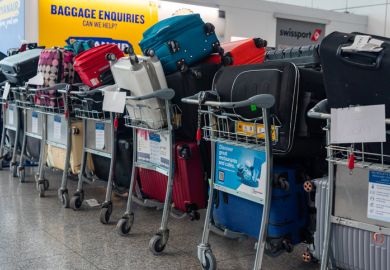The limits to academic freedom imposed by the Chinese state pose risks for the nation’s scholars around the world, for the future progress of its universities and for international institutions linking with Chinese partners, according to the Scholars at Risk network.
Obstacles to Excellence: Academic Freedom & China’s Quest for World Class Universities was published in English and Chinese on 24 September by SAR, an organisation based at New York University, which aims to promote academic freedom worldwide.
The report says that a key question is whether Chinese higher education “can continue to build and maintain world-class institutions while relying on academic freedom practised elsewhere, and at what harm to the ability of Chinese scholars to develop and share their own unique perspectives, innovations and insights, at home and abroad”.
The report maps out what it sees as threats to academic freedom, based on interviews, legal texts, and statements by the government, human rights organisations, academia and the media.
It documents tactics used by the authorities in mainland China to “constrict academic activity and to intimidate, silence and punish outspoken academics and students.” These may include limiting access to the internet and certain publications, or discussions of controversial topics. The report draws particular attention to the treatment of some scholars and students in Tibet, Inner Mongolia and Xinjiang, all areas of particular political turbulence.
The report also warns of a “shrinking space for ideas” in Hong Kong and Macau, which are special administrative regions of China with relatively higher levels of freedom.
The rise of Chinese universities has “captured global attention over the years, with universities around the world forging partnerships” with its institutions, notes the report. Between 2003 and 2018, more than 1,000 foreign education ventures at the undergraduate level were established in China. That includes nine joint university ventures (JUVs) between Chinese and foreign institutions, notably with the University of Nottingham, New York University and Duke University.
While these partnerships offer “unique opportunities” for both sides, there is a gap in the level of freedom offered in China and abroad – for example, in whether scholars have uncensored access to the internet, says the report. State regulations and other efforts may “limit the autonomy of these ventures” and “threaten to frustrate these partnerships and deny China and the rest of the world the full benefits they might otherwise offer”, it adds.
Chinese students and scholars who go overseas may find themselves the subject of Chinese “surveillance, intimidation and coercive legal action” from afar, the report also says. While these cases may be limited, the report’s authors warn that they could lead to broader self-censorship.
The problems outlined in the report may not reflect the experiences of most Chinese students and academics, many of whom “perceive themselves as having relatively broad freedom to pursue their teaching or research interests”, the report notes.
SAR executive director Robert Quinn told Times Higher Education that rankings may not fully reflect conditions of intellectual freedom. “We hope the report will foster public discussion about these questions generally, not just about China, because they go to the heart of what we mean by ‘a university’, let alone a ‘great’ or ‘world-class’ university, which rankings purport to identify.”
Events surrounding the pro-democracy protests in Hong Kong “extend the concerns flagged in the report and could certainly harm academic freedom, scholarship and higher education in the territory,” he added.
Register to continue
Why register?
- Registration is free and only takes a moment
- Once registered, you can read 3 articles a month
- Sign up for our newsletter
Subscribe
Or subscribe for unlimited access to:
- Unlimited access to news, views, insights & reviews
- Digital editions
- Digital access to THE’s university and college rankings analysis
Already registered or a current subscriber?

